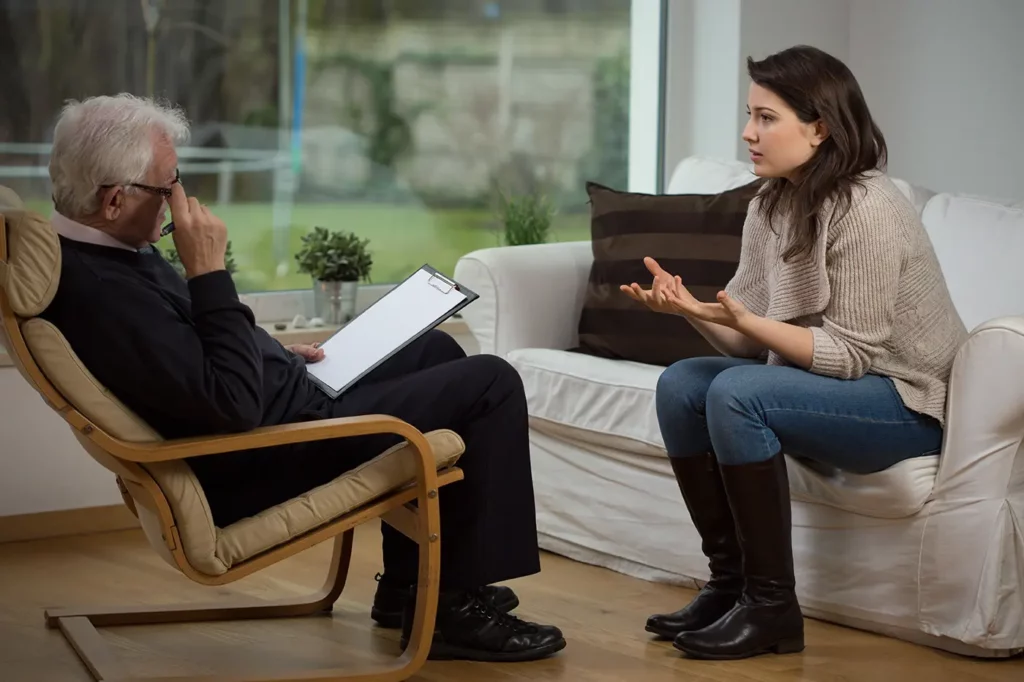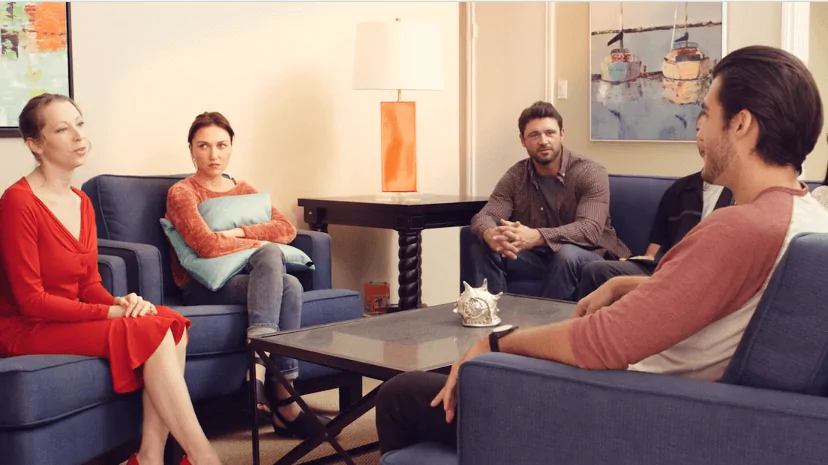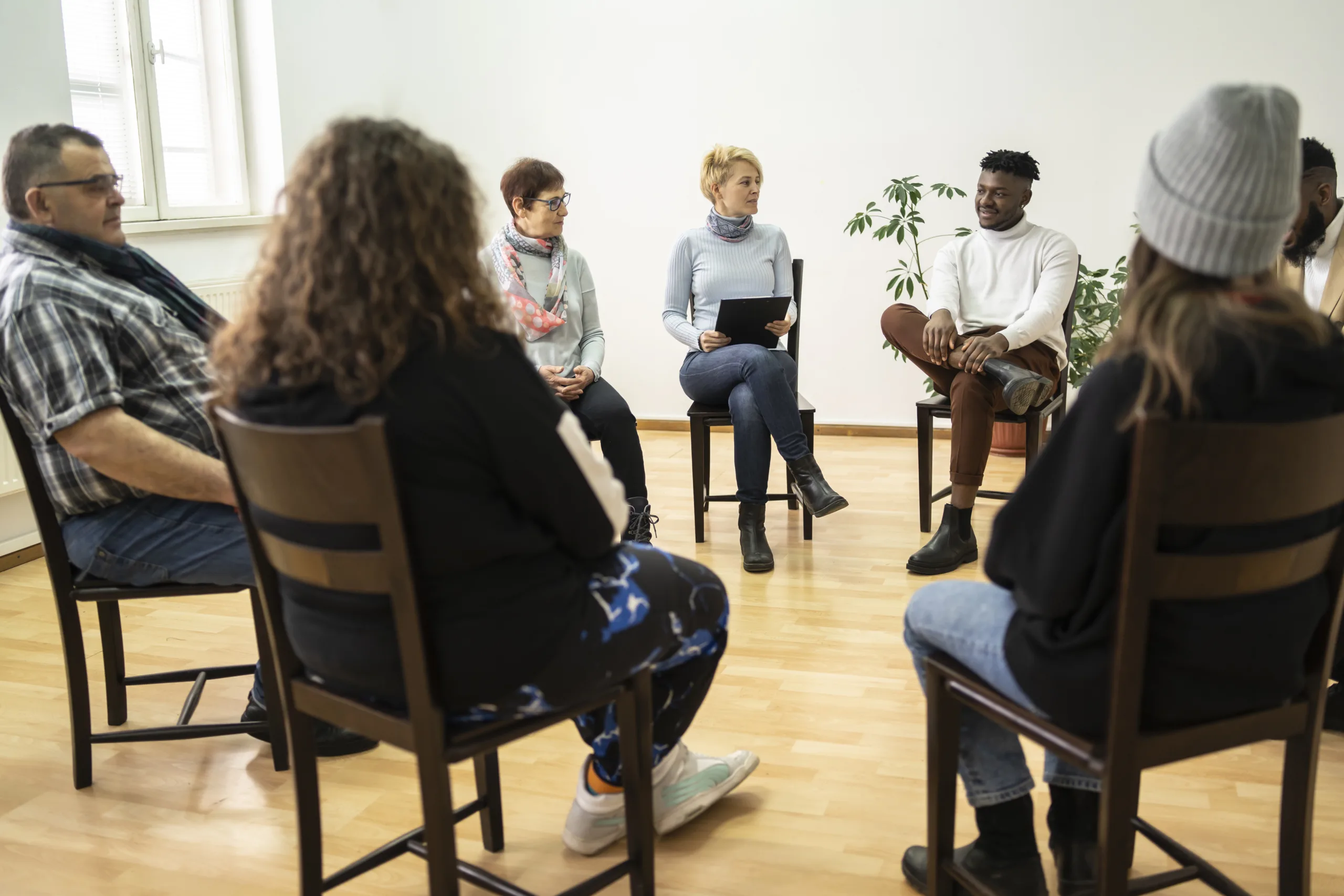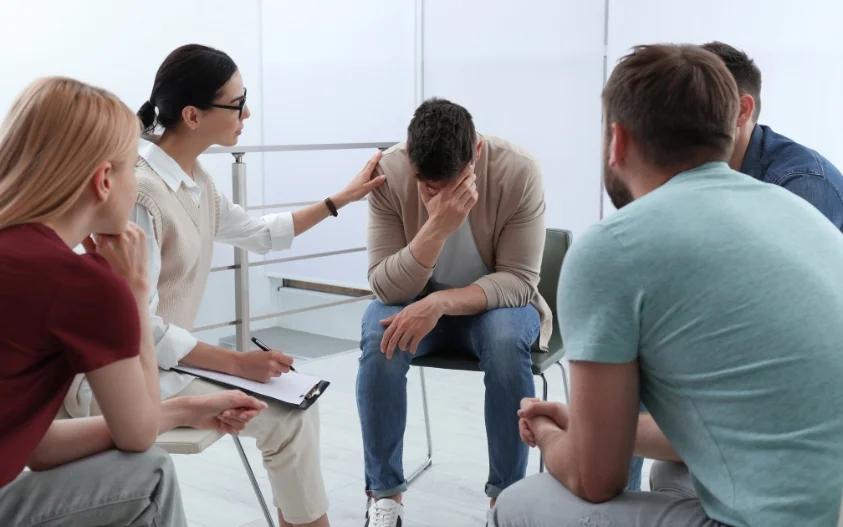24/7 Helpline:
(866) 899-111424/7 Helpline:
(866) 899-1114
Learn more about Bipolar Disorder Treatment centers in Aitkin County






































Northland Counseling Center – Aitkin
Northland Counseling Center - Bunker Hill Drive offers outpatient treatment for individuals with alc...
























Other Insurance Options
Beacon

Covered California

Premera

Regence

Health Net

Medical Mutual of Ohio

Absolute Total Care

Self-pay options

Providence

Evernorth

Kaiser Permanente

AllWell

Choice Care Network

UMR

BHS | Behavioral Health Systems

Humana

Sutter

Sliding scale payment assistance

United Health Care

Cigna